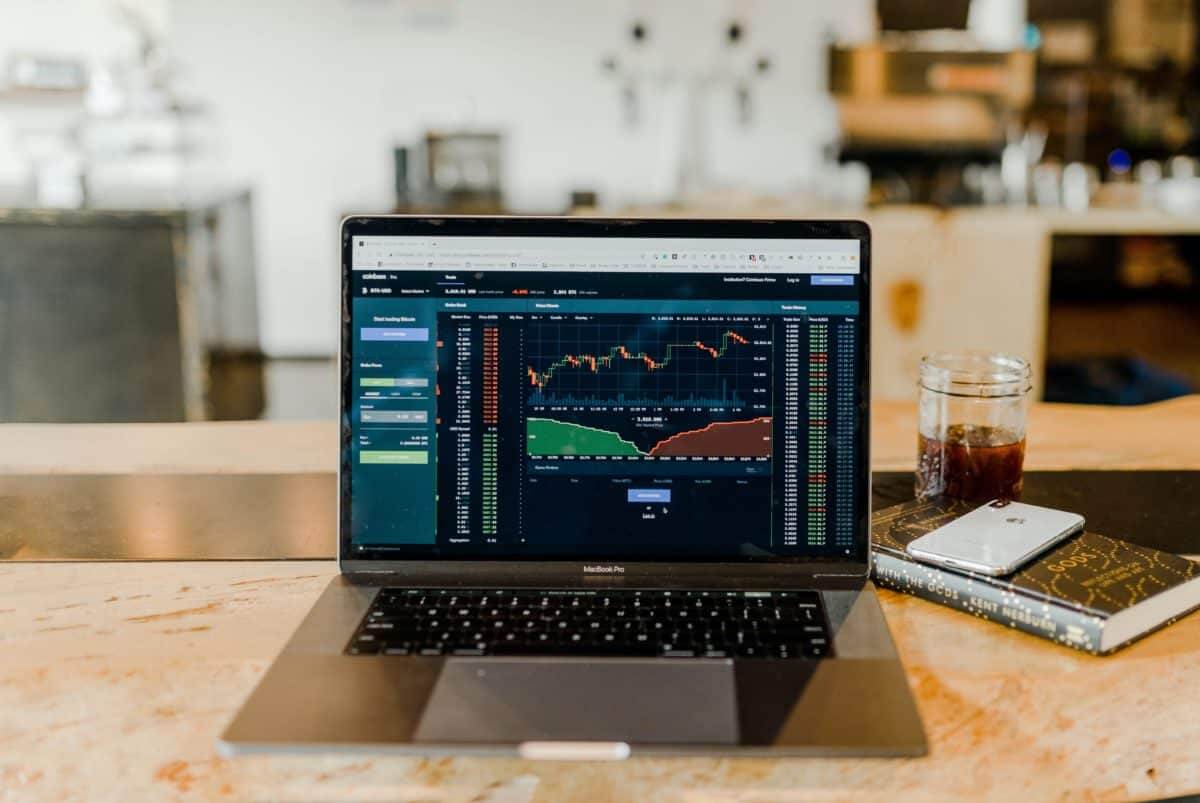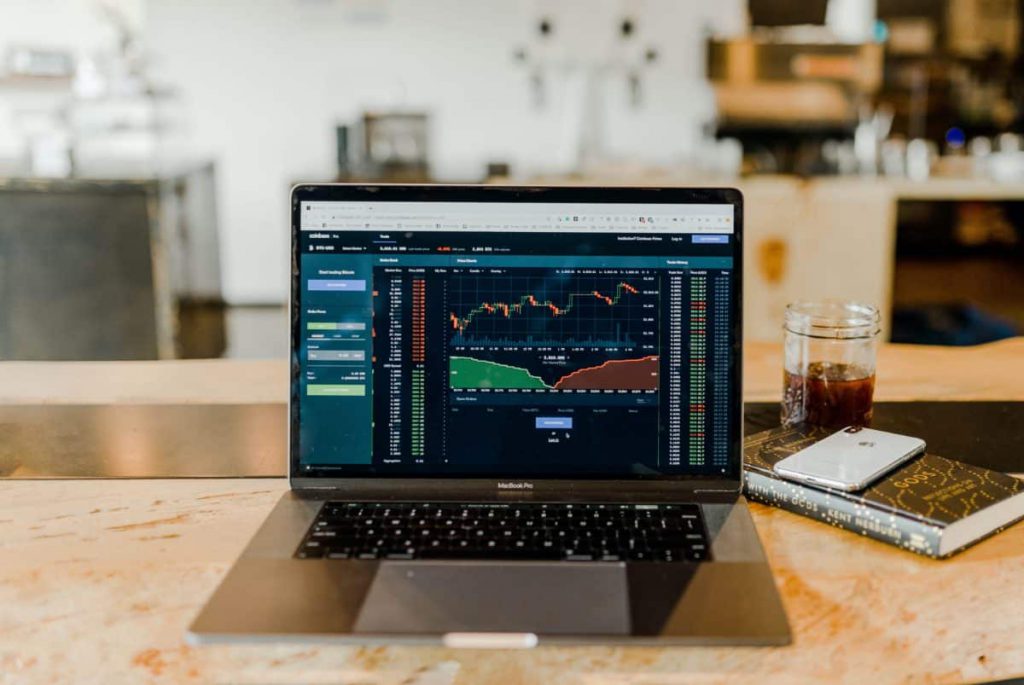
Peak inflation and Equities Market
Although equity markets are still modestly climbing on both sides of the Atlantic today, concerns are increasing that the rise that followed yesterday’s disappointing U.S. CPI data may have been the rally’s final flourish.
Due to worries that the recovery would only be temporary, the Investment Committee at Credit Suisse recently changed the tactical overweight status of stocks to neutral. Following the publication of the most recent data on inflation and unemployment claims, U.S. equity index futures are in the green.
Both the monthly and annual PPI results for July came in below forecasts. In actuality, the reading from month to month was adverse. On a month-over-month basis, core readings fell short of the Reuters poll; on an annual basis, they were comparable.
Stock futures are marginally extending gains after going up before the figures. With an increase of about 0.8% from about 0.7% prior to the data, CBT e-mini Dow futures YM1! are leading gains among the major index futures contracts. When growth is rapid, the positive effects of larger growth in cash flows—or, more specifically, dividends—more than outweigh the negative effects of higher yields, driving up the price of stock shares.
In pre-market activity, ten of the eleven S&P 500 sector SPDR ETFs are up, with the biggest gains coming from the energy XLE, communication services XLC, and financials XLF sectors. The only sector SPDR ETF trading down is healthcare, or XLV. While the dollar DXY and the yield on the 10-year U.S. Treasury note are falling, gold, crude oil, and bitcoin (BTCUSD) are all rising.
More About the Equities Market
Equity markets serve a crucial role in facilitating access to capital and efficient capital allocation, and in many respects, they are effective in doing so. Most people think that it is beneficial to allow businesses to flourish since it promotes growth (and jobs and all that nice stuff). However, a company may leverage the liquidity markets offer to carry out certain activities that can have dubious social benefits. Outsized payouts to founders and employees who have yet to establish a true business model, crushing smaller and more innovative companies.
By issuing shares and using a broker to expedite the transaction, this market exists to assist the private sector in raising money for the running of the business. To trade in the market, you must first open a trading account with a broker. You should also open a demo account, which will allow you to retain shares for a long time. The chain of trades in the market begins with the trading account providing the broker the order, which the broker then pushes to the exchange, which then matches the best seller with the best buyer so that the transaction can be carried out. This will be delivered in a few working days.


